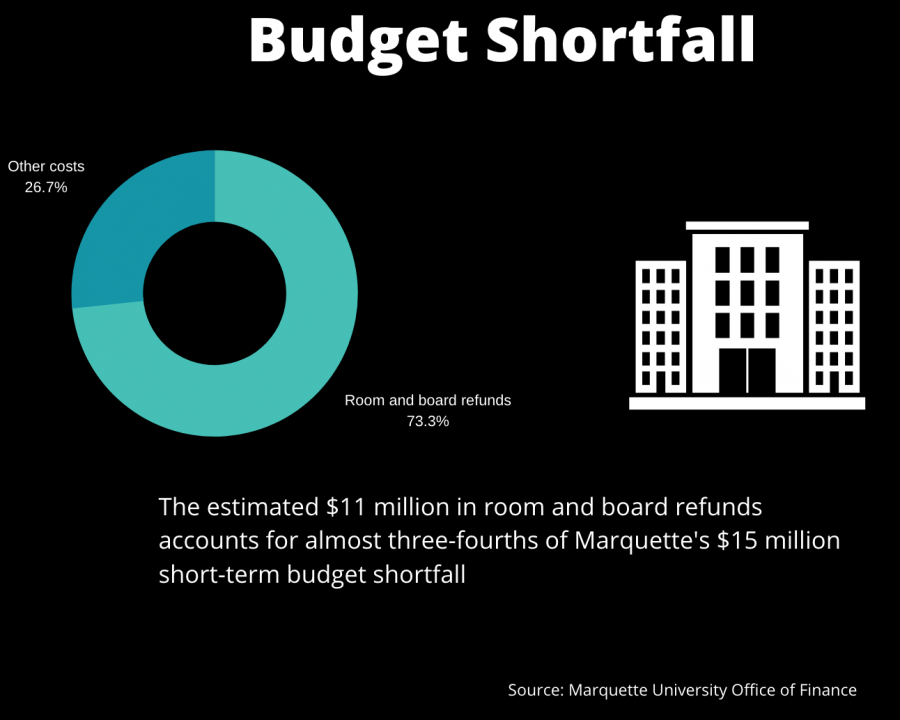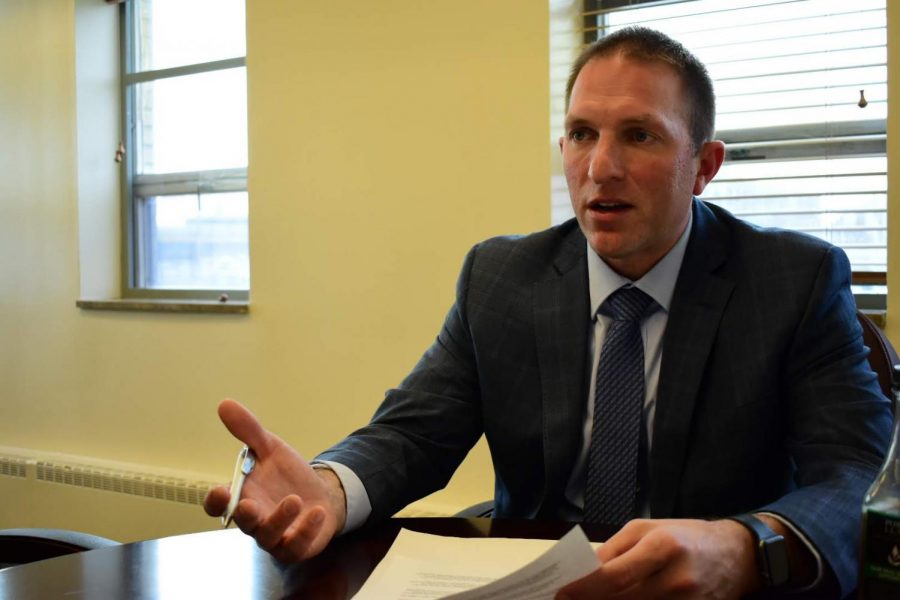The University Academic Senate’s Ad Hoc Committee Response to the Report from the University Faculty Committee on Budgets and Financial Planning has drafted eight recommendations on how university leadership should proceed after the publication of the full budget report.
The budget report detailed the issues seen in the communication between UAS and university leadership.
Provost Kimo Ah Yun said the university is operating under a current budget shortfall that is estimated between $9 million and $9.5 million December 14. Since then UFCBFP published a full budget report.
The Ad Hoc committee is made up of representatives from each college, elected by the faculty in each respective college co-chaired by Manoj Babu and Paul Gasser.
The eight recommendations were not voted on at the special academic senate meeting on Monday April 8, but they will be revised and voted on next Monday April 15 and at the following meeting.
Here are the eight recommendations:
The First recommendation suggested the chair of the University Faculty Committee on Budgets and Financial Planning should also be on the Executive Committee, which schedules senate agendas and makes decisions for the senate when the senate cannot meet.
The second recommendation will move the December university budget approval date to February in order to combat the issue of having to predict revenue leading up to the next fiscal year. This would give the Board of Trustees an extra few months to account for what the next year will look like.
This would mean that the Office of Finance would come to the first UAS meeting of the second semester to give their budget report, rather than doing it prior to winter break. University Provost Kimo Ah Yun said this recommendation might be hard to implement because there’s a chance the February meeting may not continue due to scheduling changes.
The third recommendation hopes to provide more transparency between administration and UAS when it comes to the contingency fund.
UFCBFP’s full budget report pointed out that the contingency fund reduction from $10 million $5 million may have impacted the budget shortfall seen in December 2023.
The recommendation suggests that UFCBFP should communicate with the Office of Finance to discuss the level of the contingency fund. This communication would be compiled into a report and presented at the first UAS meeting of next year.
The 3% operating budget mandate is said to have a negative impact on the operating budget. The committee is suggesting the Board of Trustees to repeal the mandate for FY 26. If maintained, the committee is asking the board to explain their reasoning on that decision.
The fourth recommendation urges the university leadership team to be transparent about the financial transactions to a reasonable extent. The committee took into account that some of the transactions wouldn’t be able to be shared, but they hope for a minimum limit of transparency to be set.
The fifth recommendation suggests that Deans and program directors should be involved in discussing enrollment and tuition for their respective colleges.
The Budget report stated that one of the reasons Marquette saw a budget shortfall in December was because certain programs didn’t reach it’s projected enrollment numbers, so their hope is that keying in deans and program directors would hypothetically help create better communication.
The sixth recommendation is to modernize the software utilized in the office of finance and create more “efficiency.”
The UFCBFP report pointed out a need to create department/college data for deans and program directors to have access to. Access to these records would hopefully translate to better financial decisions in the long-run.
Ah Yun pointed out that the Office of Finance is already working on ways to improve their programs and efficiency.
The seventh recommendation is for the Executive Leadership Team to increase shared governance when it comes to larger capital projects and expenses. This would include things like projected costs and funding models for the respective projects.
The eighth recommendation is for the strategic plan core team to report to UAS regularly and ensure that the “health” of existing programs not be forgotten while new projects are in the works.
Each recommendation was presented by someone from the Ad Hoc Committee and then UAS members were able to weigh in.
Over the next two UAS meetings the recommendations will be revised and voted on.
This story was written by Sophia Tiedge. She can be reached at [email protected]










